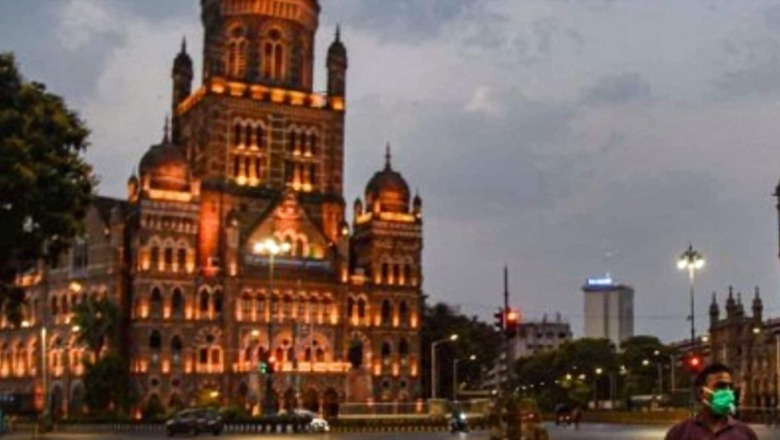
views
After almost four decades, the Brihanmumbai Municipal Corporation (BMC) will appoint an administrator as the five-year term of the elected representatives ended on Monday and the Maharashtra Legislature deferred the upcoming elections to the civic and local bodies till the OBC quotas are restored in the state.
On Monday, the Maharashtra Legislature passed a bill in both houses to amend the Mumbai Municipal Corporation (MMC) Act 1888, enabling the appointment of an administrator to the civic body. The administrator will look after the administrative and financial functioning of the civic body.
Besides, seven other municipal corporations will also have administrators appointed this year.
The last time the BMC appointed an administrator was in 1984 when a similar situation of postponement of elections occurred.
What Happens to the Committees?
All committees, including the statutory standing committee as well as improvement and law committees, will now cease to exist.
BMC officials said that the administrator could appoint a committee comprising four additional commissioners for assistance. There will be no changes in tabling proposals. Like in the 27-member Standing Committee meeting, each department head will present the case to the administrator and the concerned deputy municipal commissioner and ward officers will be invitees. The administrator will have the deciding voice in approving a proposal.
Additional Municipal Commissioner Suresh Kakani, in charge of the civic election department, said that the administrator will have all powers to sanction proposals till the polls are held and the new term of corporators comes into force. “The term of corporators elected in 2017 ceases on the midnight of March 7. Offices like that of the standing committee, improvement 7. Offices like that of the standing committee, improvement committee, and law committee chairman cease to be,” he said.
Group leaders of every party too had their offices in BMC.
“The term of the 227 corporators elected in 2017 will end on midnight of March 7. Corporators will not hold offices like that of the standing committee, improvement committee, law committee chairmen, ward committees and tree authority office of Mayor, among others,” said Kakani.
Following the 2017 elections, the 227 corporators had held their first general body meeting on March 8, 2017. These corporators who had their first meeting on March 8, 2017 will now be known as former corporators.
Will the change affect the public?
Civic officials are divided in possibility of work being hampered by the move. While a set of officials gave assurance that the appointment of an administrator will make no difference in terms of work, others fear detachment from the public. “Corporators act as shock observers on the ground. They raise issues concerning the people with the right authority, at the right forum. To smoothen the process, BMC has launched a helpline number to address issues like water supply and garbage, among others. However, it is likely not that everyone will be aware of this helpline. Elected representatives are more accessible to the people than civic officials,” a senior BMC official told The Indian Express.
Meanwhile, many corporators fear that not being enough in the public eye could diminish their chances to get re-elected in the upcoming elections as and when they are scheduled.
The move, supported by the opposition Bharatiya Janata Party, assumes significance as 15 top civic bodies including BrihanMumbai Municipal Corporation (BMC), 25 Zilla Parishads, and 232 Municipal Councils were slated to go for elections shortly.
The process, already underway for municipal corporations and district councils, has already led to an increase in the number of wards due to the rise in populations in the past decade, and a similar exercise was carried out in adjoining Madhya Pradesh.
In early 1980s, during the tenure of former municipal commissioner D M Sukthankar (1981-84), the municipal elections were deferred. As the term of the corporators ended in March 1984, the state had appointed the municipal commissioner as the “administrator”. It was also the first time when additional municipal commissioners assisted the commissioner in the functioning of the civic body.
Read all the Latest News India and Breaking News here














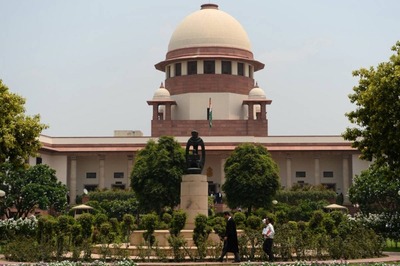

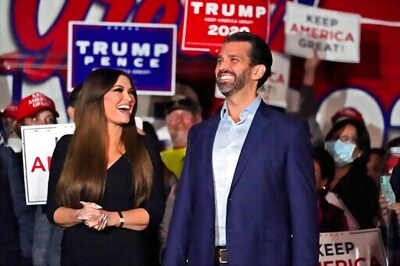
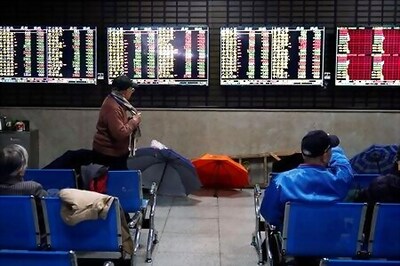
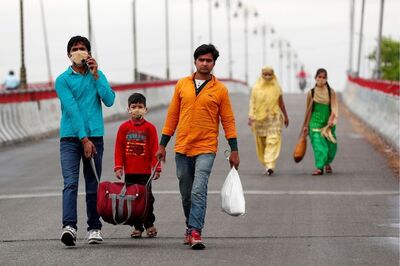

Comments
0 comment